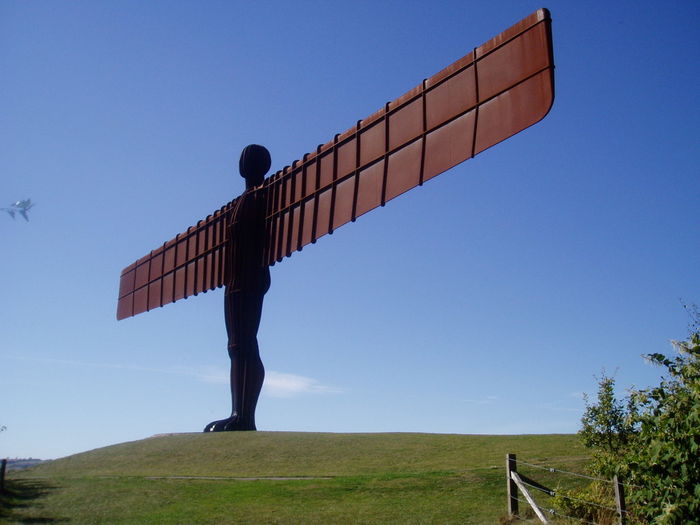Islam at Cambridge: On culture and community
Lara Ibrahim speaks to some Muslim students about drinking culture at university, and finding community through faith

“Everything here is centred around drinking,” Zeynep explains over a coffee. “It’s a shared cultural experience for others that I just can’t access.” Now in her third year, she feels comfortable putting her own boundaries in place, and has found community in other students. But it hasn’t always been easy.
There are points of stark contrast between traditional Muslim and UK university culture. For the estimated 255,000 Muslims studying at UK universities, navigating these differences is simply a part of everyday life. I spoke with six students to explore their experiences as Muslim students in Cambridge.
For most, the idea of “uni culture” exists hand-in-hand with drinking culture. Regular drinking is often seen as the hallmark of university life and permeates many of our schedules: bops, pub socials, nights out. What impact does this have on students who don’t drink?
Almost all the students I spoke to mentioned that alcohol was a barrier when engaging with uni life. A survey conducted by the University in 2016 showed that 40% of Cambridge students felt there was a need for more alcohol-free spaces.
“When you have a scarf on, it feels like everyone is wondering why you’re there”
As one Architecture student relates, Cambridge’s “party-hard mentality” often leads to her feeling disconnected from her coursemates. “I don’t think they offer anything of equal value for people who don’t want to drink.” Another student, Fatima, tells me about times she hasn’t felt comfortable entering her own kitchen while people are using it as a space to drink.
Freshers’ Week is especially daunting. Most people are leaving home for the first time; everyone is seeking connection. But socialising can be much harder for teetotal students during a week that revolves around alcohol.
“I didn’t really make many connections in Freshers’ week…all I remember was dancing awkwardly around drunk people and making eye contact with the few people who weren’t drinking,” Ayesha recounts. Like many of the students I speak to, I get in touch with her through a group chat run by Cambridge’s Islamic Society, ISoc.
There is no universal Freshers’ experience, however, and other ISoc members tell me they were able to integrate into college life through alcohol-free social events. “I think having non-drinking activities in Freshers’ timetables is so important. Most of my friends now are people I met this way during Freshers’ week,” Farah tells me.
“At the end of the day, most of us are here to learn and are respectful of each other”
The prevalence of alcohol-dominated events means opportunities for socialisation are significantly narrowed for students who choose not to enter spaces such as pubs and bars. But even going to such events presents its own issues for Muslim teetotallers. Nadia shares her experiences going to the pub while wearing a hijab: “When you have a scarf on, it feels like everyone is wondering why you’re there.”
And for Muslim students who do choose to drink, there remains a sense of dissonance. Describing the link between drinking and guilt, one student tells me: “Coming from a family that doesn’t drink, I feel like I’m living two completely different lives.”
The obstacles Muslims face at Cambridge don’t end with drinking, however. A common thread throughout these conversations was frustration towards the University for failing to accommodate its Muslim students and their cultures.
A representative for ISoc tells me about the ongoing battle to find more prayer spaces for students. There is only one prayer room owned by the University, located on Sidgwick Site. Students who use the prayer room tell me it is an important space for community, where you can always see familiar faces. Paired with the absence of Muslim chaplains in colleges, the lack of spaces like this is both disheartening and highly inconvenient for Muslim students.
Summing up his experiences, Abe explains: “It’s always small things – they add up.” From having to justify why you aren’t drinking, to being forced to delay daily prayers due to lack of prayer spaces, the obstacles faced by Muslim students are numerous. Ramadan at Cambridge is a particularly difficult time for students who fast, with inconvenient hall times, gyps without stoves or freezers and difficulty finding halal food.
But what stands out to me is that every student I spoke to has found a sense of belonging in Cambridge. ISoc for one is a thriving community. The WhatsApp groupchat buzzes with event reminders, study group arrangements and supportive advice.
Of course, there is no homogenous “Muslim culture”, just as there is no single “student experience”. Nevertheless, despite the apparent differences between university and Muslim culture, it is clear that what unites them is stronger than what divides them. “I don’t think there is such a disparity with being Muslim and uni life – at the end of the day, most of us are here to learn and are respectful of each other,” says one student.
“I think it’s been a big learning curve,” another student concludes. “It’s been interesting to put those boundaries in place for myself.”
Some students’ names have been anonymised at their request.
 Comment / Cambridge students are too opinionated 21 April 2025
Comment / Cambridge students are too opinionated 21 April 2025 Interviews / Meet the Chaplain who’s working to make Cambridge a university of sanctuary for refugees20 April 2025
Interviews / Meet the Chaplain who’s working to make Cambridge a university of sanctuary for refugees20 April 2025 News / News in brief: campaigning and drinking20 April 2025
News / News in brief: campaigning and drinking20 April 2025 Comment / Cambridge’s tourism risks commodifying students18 April 2025
Comment / Cambridge’s tourism risks commodifying students18 April 2025 Comment / Cambridge’s gossip culture is a double-edged sword7 April 2025
Comment / Cambridge’s gossip culture is a double-edged sword7 April 2025






